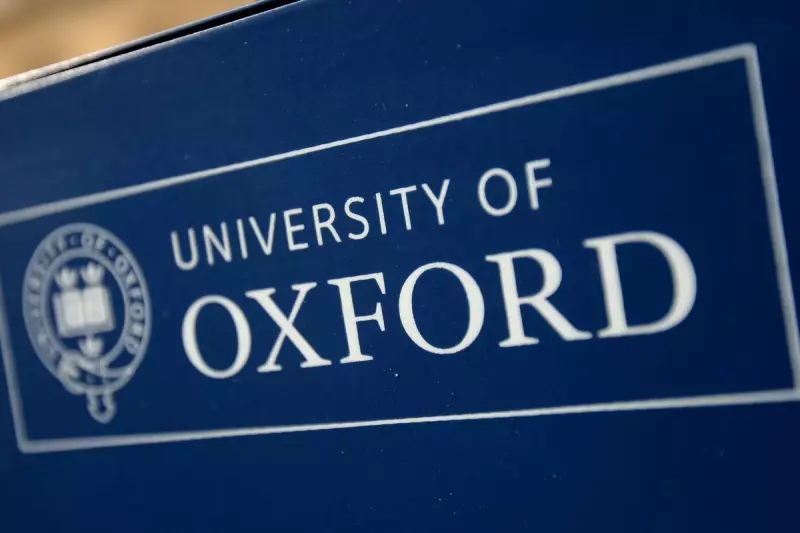
The hallowed halls of the Oxford Union, Britain's renowned debating society, have become the epicentre of a major political storm this week following a controversial address by American far-right activist Charlie Kirk.
The founder of Turning Point USA, a prominent conservative youth organisation, used his platform at the historic institution to launch a scathing attack on UK Labour leader Keir Starmer, drawing immediate condemnation from students and political figures alike.
Contentious Comments Spark Outrage
During his speech, Kirk didn't hold back in his criticism of British politics, particularly targeting the Leader of the Opposition. "The next prime minister of this country, if the polls are right, is going to be a knighted, cross-dressing, tofu-eating wokerist named Sir Keir Starmer," Kirk declared to the audience, employing deliberately provocative language that many have condemned as inflammatory and disrespectful.
These remarks, described by critics as both transphobic and deliberately divisive, have ignited fierce debate about the limits of free speech within academic institutions and the Union's responsibility in platforming controversial figures.
Student Backlash and Institutional Response
The event was met with significant protest from Oxford students, many of whom questioned the decision to provide Kirk with a prestigious platform. Approximately 50 attendees staged a walkout during his speech, a powerful visual representation of the discontent within the university community.
In response to the growing controversy, the Oxford Union defended its decision, stating: "The Oxford Union has no official opinion on the views of its speakers. We simply extend a platform for those with noteworthy and often controversial views."
This stance has done little to quell the anger, with many arguing that providing a platform without challenge effectively endorses such views.
Kirk's Defence and Further Provocations
When confronted about his inflammatory rhetoric, Kirk remained unapologetic. He defended his comments as "good natured and observational humour," while simultaneously criticising what he perceives as Britain's declining "free speech culture."
The American commentator further escalated tensions by making sweeping comparisons between the UK and the United States, suggesting Britain was becoming "a dying society" and praising Hungary's right-wing government as a model of success. He also reiterated his support for former US President Donald Trump, claiming a "massive red wave" would secure Trump's victory in the upcoming election.
Broader Implications for Political Discourse
This incident raises significant questions about the role of prestigious institutions in hosting international political figures known for spreading divisive rhetoric. The Oxford Union, with its storied history of hosting world leaders and influential thinkers, now faces criticism for its booking choices and its handling of the ensuing fallout.
The controversy comes at a sensitive time in UK politics, with a general election looming and political tensions running high. The decision to platform a figure closely aligned with Trump's brand of politics has sparked a national conversation about the boundaries of acceptable political discourse and the responsibility that comes with providing a platform.
As the debate continues, many are watching to see how the Oxford Union and similar institutions will navigate the complex landscape of free speech and responsible platforming in the future.





